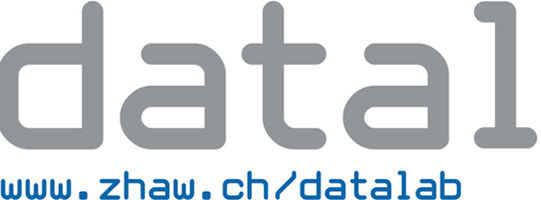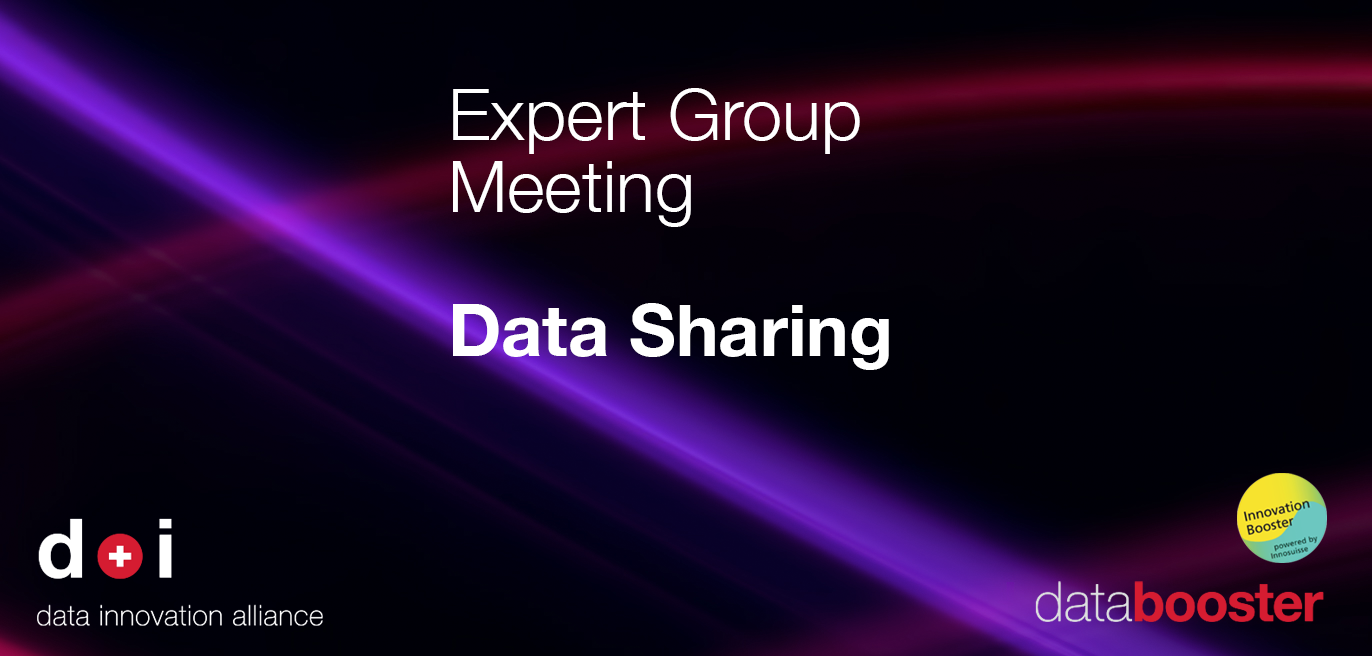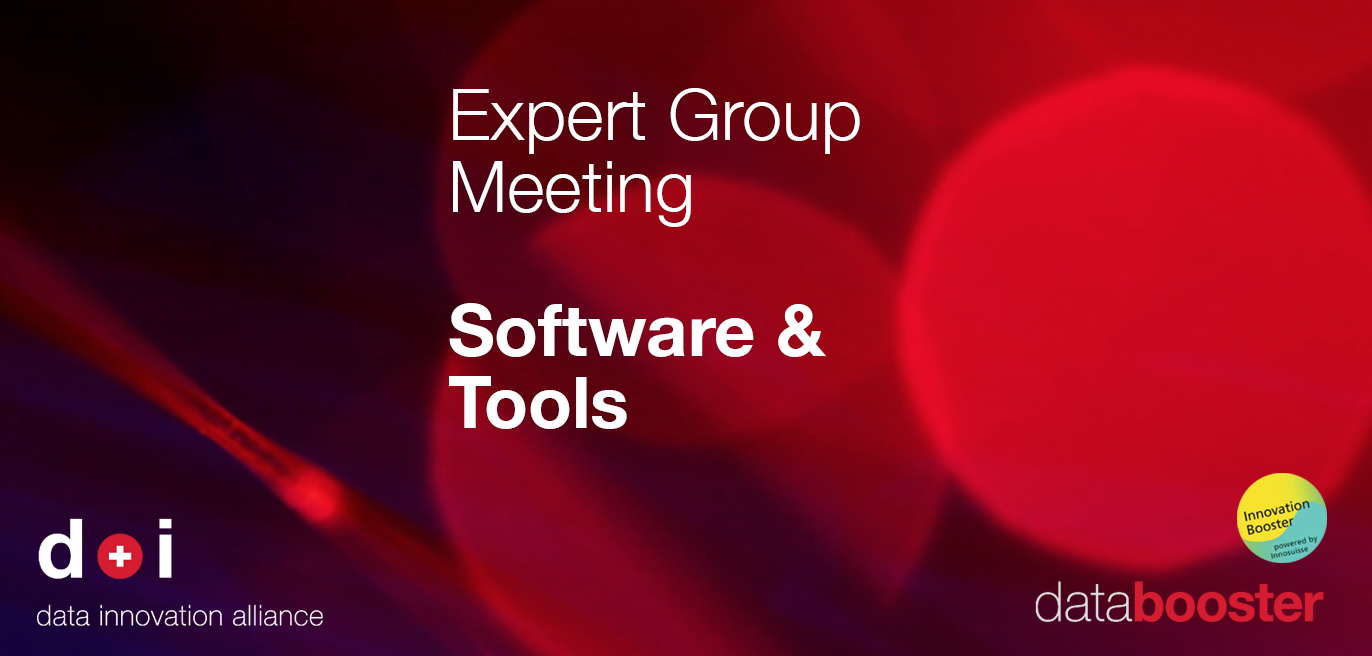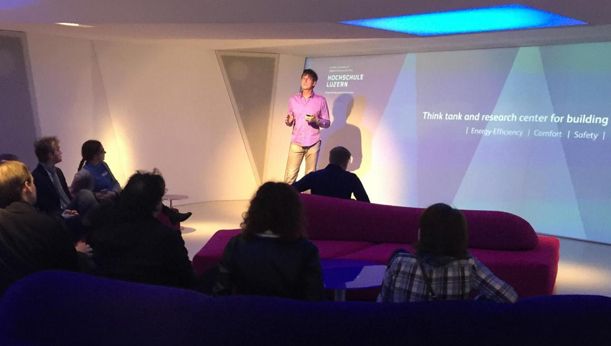Laying the founding stones of the Swiss Alliance for Data-Intensive Services – role of ZHAW Datalab
The Swiss Alliance for Data-Intensive Services, (Data+Service in short), was recently mentioned in the “The Greater Zurich Area” blog-site highlighting its role in being the precursor of data-science network of innovators in Switzerland. Data+Service has its roots in the ZHAW Datalab which specialises in joining threads of the various topics of data-science, analysing and bringing them together to design innovative services for industries as well as for humans. The article mentions the role of ZHAW Datalab in founding this network of data scientists and experts in Switzerland. We thank “The Greater Zurich Area” for the acknowledgement and appreciation and take the opportunity to update our readers with some facts and figures about Data+Service.
The “Data+Service” story began a few years ago at ZHAW Datalab with an idea to create a network in Switzerland where experts and scientists working in the field of Data Science come together, share their experience and expertise and make Switzerland an internationally recognised hub for data-driven value creation. ZHAW Datalab, a multi-disciplinary entity, recognised the potential of data-science in two application pillars which are, Industrial Services (around Industry 4.0/Internet of Things) and Digital and mobile services for humans to form the basis of the network. And thus began the exercise of inviting and involving educational institutions and industries to shape the data and services landscape for the alliance.
Data+Service is recognised and supported by Switzerland’s Center for Innovation and Technology as one of the 11 National Thematic Networks and focuses on 3 main areas;
Education: to provide training on both technical and business related topics around data-driven value creation.
Innovation: to catalyse scientific innovation into data-driven products, services and business models.
Inspiration: to make achievements visible and thus inspire innovation and entrepreneurship.
Being officially founded in October 2016, so far, the network comprises of 15 academic members, 24 industry members and 10 National and International partner organisations. The belief of creating value through multi-disciplinary networking is core to the Data+Service alliance. Interested parties are welcome to get in touch with us to have their questions answered about our activities and membership benefits. Meanwhile, our activities can be followed on twitter at @DataServiceCH.







